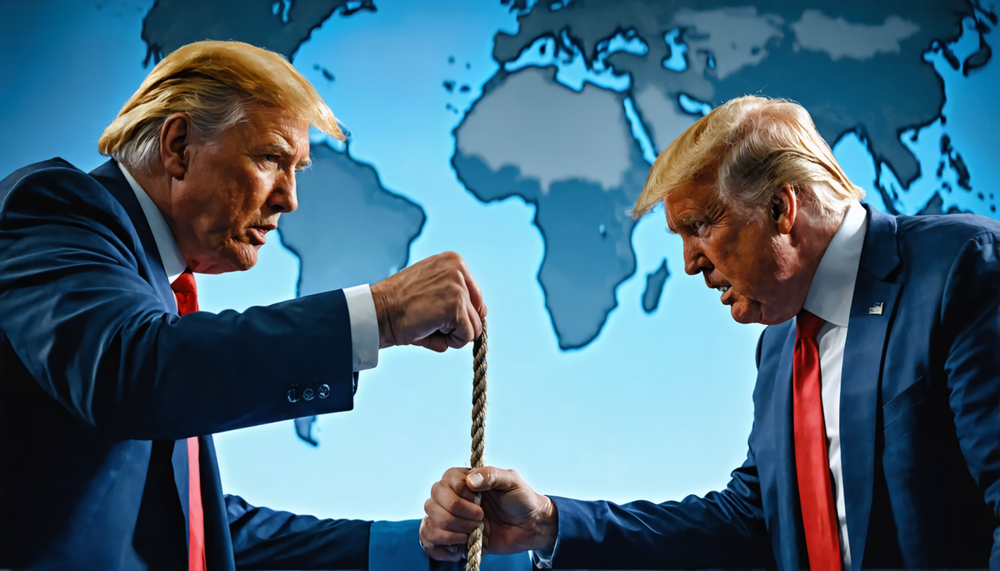In a stunning political maneuver, former President Donald Trump issued an executive order to withdraw the United States from the World Health Organization (WHO). This move, reflective of his administration’s strain with the international body, sent ripples through the global health community.
A Drastic Step in Global Health Politics
The executive order marked a historic shift in the U.S.’s role in worldwide health diplomacy. According to Forbes, Trump’s decision was driven by what he perceived as the WHO’s alleged favorable treatment towards certain countries and its handling of the COVID-19 pandemic. Critics argue that this decision could undermine international health responses, while supporters claim it represents a needed reallocation of U.S. resources.
The Immediate Impact and Repercussions
The fallout from this withdrawal was immediate. Global health experts warned that severing ties could result in setbacks in combating cross-border health issues, such as viral outbreaks and pandemics, where coordinated international efforts are crucial. “Without U.S. support, the WHO’s ability to respond swiftly and efficiently to health crises might be compromised,” noted a prominent health policy analyst.
Unpacking the Executive Order’s Provisions
Within the executive order, Trump’s administration detailed a nuanced approach toward divesting U.S. involvement with the WHO. This included halting financial contributions and seeking alternative avenues for international health collaboration. Analysts have noted the potential gaps this may create, especially for global vaccination programs and emergency response initiatives led by the WHO.
A Future of Uncertainty for Global Health Cooperation
The decision fueled an intense debate over the future of international health cooperation. Many questioned how the global health landscape would adapt, and whether other nations might follow suit in reassessing their commitments to the WHO. As stated in Forbes, the ripple effect of Trump’s actions could either inspire reform within the WHO or create a fragmented approach to global health challenges.
Reactions from the International Community
Governments and health organizations worldwide reacted with a mixture of shock and concern. The possibility of a vacuum in leadership — with one of the largest financial contributors stepping back — posed unique challenges. As global health priorities shift, there is a keen interest from all quarters on how the WHO will navigate this unprecedented change.
Looking Ahead: Rebuilding Trust and Partnerships
As the world adjusts to this new reality, the potential for reinstating ties remains a topic of discussion. The path forward involves healing the fractured relations between the U.S. and the WHO, while ensuring that global health security remains robust in the face of new and ongoing threats. Trump’s executive order has undeniably set a new course, leaving the international health community to ponder its next moves.
As the threads of this complex political tapestry continue to unravel, one thing is certain: the conversation around global health and the U.S.’s role within it is far from over. The world watches closely to see if bridges will be rebuilt, or if new paths will be forged in the realm of international health cooperation.













